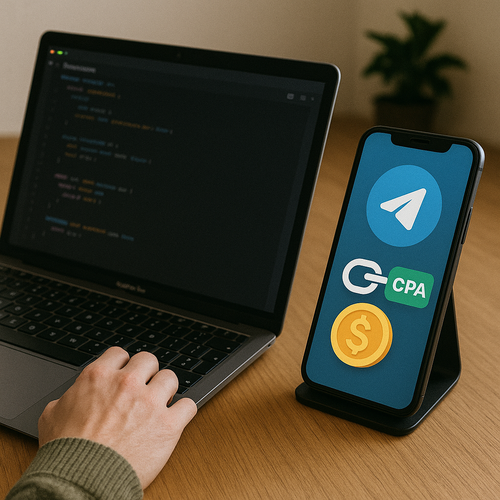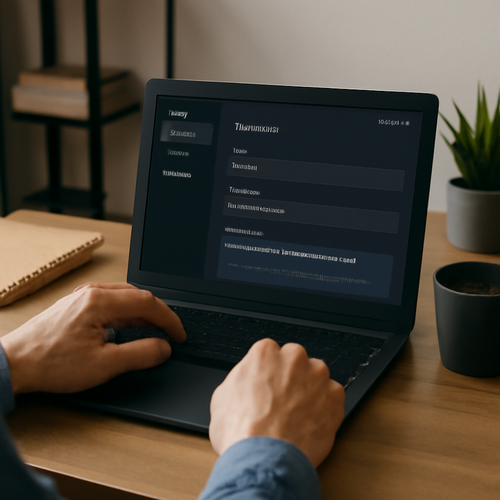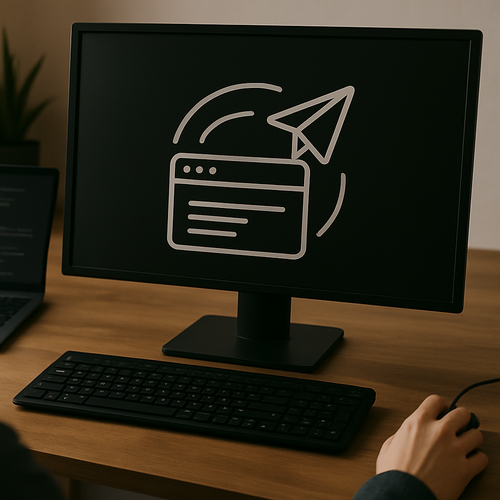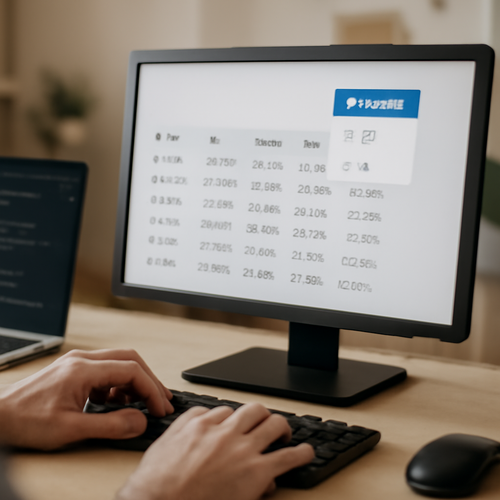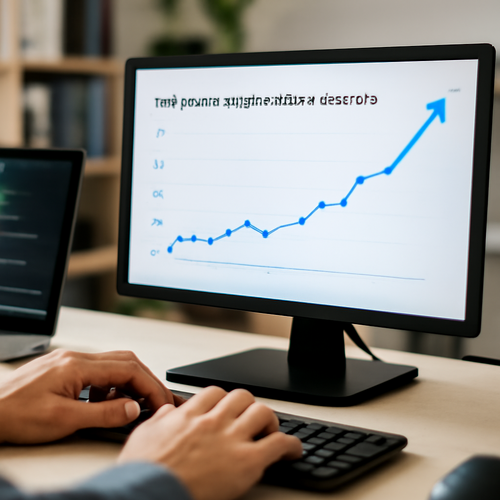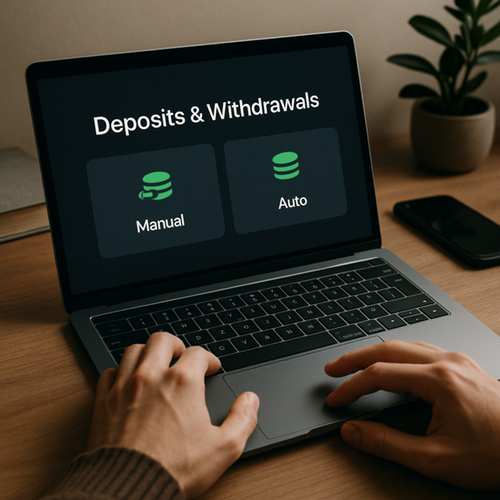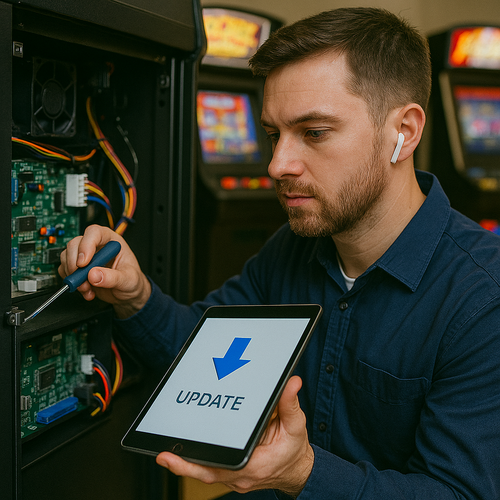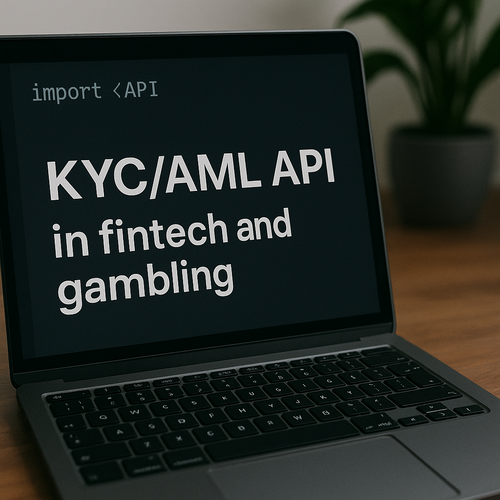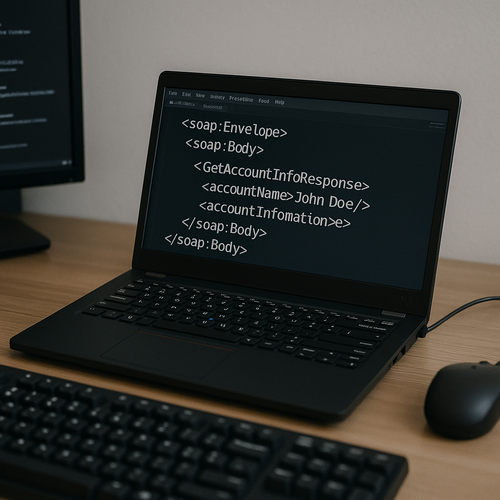
Despite the fact that REST and gRPC have taken a leading position in modern architectures, SOAP is still used in a number of critical integrations - especially in the banking sector, government platforms and large corporate solutions. We provide SOAP protocol support, including XML messaging, WSDL documentation, and certificate authorization.
This allows you to connect the platform to third-party systems where there are no alternative interfaces yet, and maintain compatibility with established processes.
Where SOAP is used
| Scope of application | Examples of integrations |
|---|---|
| Bank gateways | Integration with payment systems, verification of accounts, reports |
| Public services and registries | Transfer of data to tax, fiscal portals, licensing authorities |
| Corporate ERP | Communication with 1C: Enterprise, SAP, Oracle via SOAP services |
| Legal documents | Exchange of legally significant XML messages (contracts that close acts) |
| Certificate authorization | SOAP request signing, PKCS12 and TLS encryption |
Implementation features
The exchange format is XML over SOAP 1. 1 / 1. 2
WS-Security support: digital signature, tokens, certificates
WSDL description of interfaces and data types- Reliable exchange: clear error scheme, repetition of requests, validation of schemes
- XML can be transformed into REST or GraphQL if necessary
Benefits of using SOAP
Compatibility with state regulators, banks and large integrators- Stability and strict contract description through WSDL
- Support for complex security requirements (certificates, encryption)
- Ability to work through intermediate gateways and converters
- Complete query/response logic with data structure validation
Where especially important
State or municipal accounting systems- Banking and payment institutions
- Companies required to use certified SOAP exchange
- Integration with "old" ERP, where there are no REST/gRPC interfaces
SOAP is not about fashion, but about reliable compatibility. If your task is to integrate with government agencies, banks or mature corporate systems, SOAP support can be critical. We are ready to ensure such compatibility.
Contact Us
Fill out the form below and we’ll get back to you soon.


